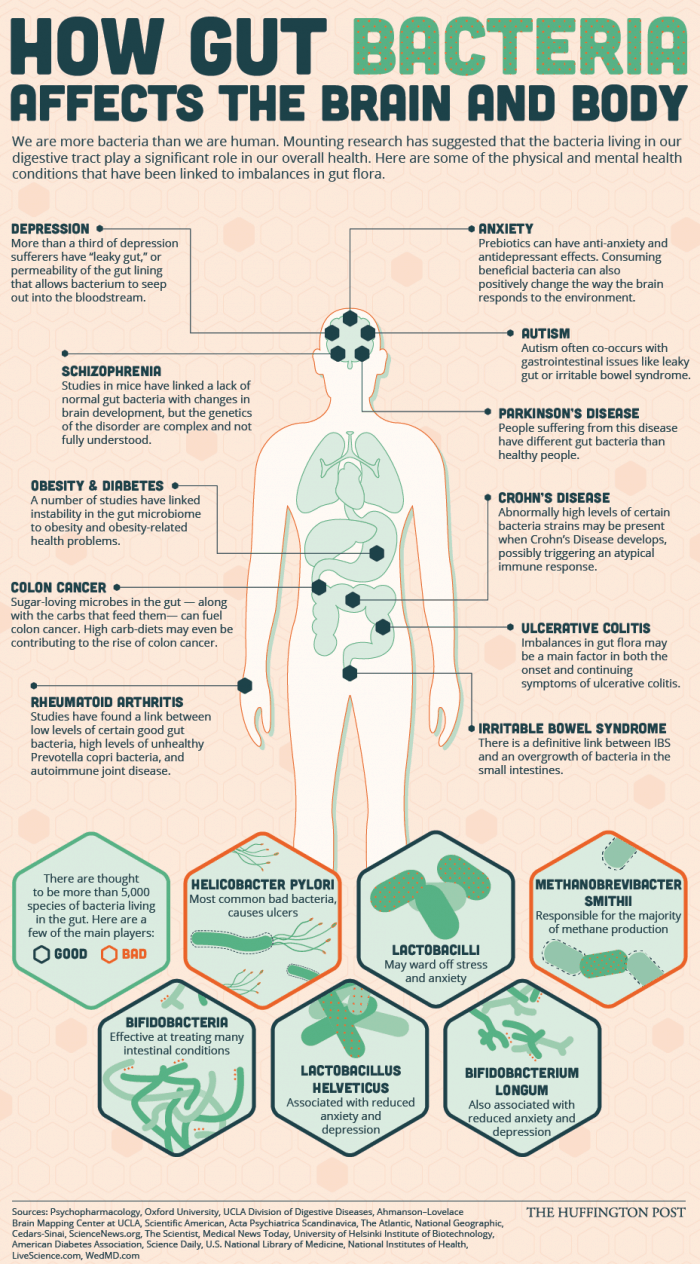Instead of that thought, how about thinking about getting some help first, there are people out there that do care about you and want you to live, I do, and I don't even
know who you are. I have been in your spot before, down, down, down with no
light at the end of my tunnel, I thought. I instead got some help and moved on with
my life. Thinking positive daily helps, plus a little medical help thru pharmacology.
Get Help Now
For Telephone support:
Here is a list of our hotlines in the US
(800)442-4673 .....1-800-442-HOPE
(877)838-2838 .....1-877-Vet2Vet Veterans peer support line
(800)784-2432 .....1-800-SUICIDA Spanish speaking suicide hotline
(877)968-8454 .....1-877-YOUTHLINE teen to teen peer counseling hotline
(800)472-3457 .....1-800-GRADHLP Grad student hotline
(800)773-6667 .....1-800-PPD-MOMS Post partum depression hotline
For email support 24 x 7:
jo@samaritans.org
It may take a few hours or more to generate a response
For online chat support now:
(none of these are 24 x7 but will tell you if online counselors are available)
http://newhopeonline.org/counseling/liveperson.html
www.crisischat.org
http://www.kidshelp.com.au/teens/get-help/web-counselling
( only available in Australia)
For Reading:
There is a great book to read which is free and online called
Suicide: The Forever Decision from the
QPR Institute - Download it
HERE
During depression the world disappears. Language itself. One has nothing
to say. Nothing. Kristin experienced this misery, yet still managed to
touch many lives and even in death continues to help others find help
for their depression.
The Kristin Brooks Hope Center was created to help those in crisis
find help and hope immediately. The site and her story gives you a raw,
personal glimpse into depression, and how it affects those around you.
In addition, you will find the only clear, step-by-step path for you to
follow out of the darkness. There is hope and you can feel happy again!
If you need to speak with someone right now call:
1.800.SUICIDE
(1.800.784.2433)
Credit to The Kristin Brooks Hope Center webpage
Depression – Depression is a mental
illness that is linked to physical changes that occur in the brain.
Depression results from an imbalance of certain chemicals, called
neurotransmitters, which are responsible for carrying signals in the
brain and nerves. While there is no single cause of
depression, there are many common factors that can lead to depression.
Such factors as: family history, physical conditions, trauma/stress, and
other psychological disorders.
Family History - Depression is
one of many illnesses that can be passed on to individuals within a
family for generations as a result of genetics. Genetics are responsible
for all physical and biological traits, and are always inherited from
one's parents.
Physical Conditions -
Depression can result from the weakness and stress caused by serious
medical conditions like cancer, HIV, or heart disease. Depression can
actually increase the severity of such physical conditions, for it
weakens the immune system and can make pain harder to tolerate.
Trauma/Stress - Traumatic or
stressful experiences can drastically increase ones likelihood of
becoming depressed. Changing schools, starting a new job, or dealing
with the death of a family member are all extreme changes in ones life
that can lead to depression.
Psychological Disorders - When
one suffers from other psychological disorders such as anxiety, eating
disorders, or substance abuse, depression can arise if these disorders
go untreated, as a result of the stress that occurs from living with the
illness.
Some Warning Signs of Depression:
• Lack of interest in friends or social activities
• Drastic changes in ones grades
• Thoughts of running away
• Alcohol or substance abuse
• Fear of death
• Frequent sadness
• Problems sleeping
• Changes in eating habits
• Constant tiredness
• Increased irritability
Grief/Loss- Grief is the
feeling that you experience with the death of a loved one. Loss is the
feeling that you experience when a significant absence or change occurs
in your life, but isn't related to death. However, some losses may
actually feel worse than a death, (which are the most misunderstood
feelings of all). There are several indications of grief and loss, which
include: shock, sadness, anger, guilt and sometimes, no feelings at
all.
Shock - Shock is the feeling of surprise where you may wonder “why me?”
Sadness - Sadness is the feeling of sorrow where you will miss the person you have loved so much
Anger - Anger is the feeling of rage, where you may wonder “why did this person have to leave”
Guilt - Guilt is the feeling
that you could have done something to change the situation, and you may
say “I didn't say enough or do enough when the person was here”
No feelings - Sometimes, when
the loss of a loved one is unexpected, you may feel confused and may not
even know what to feel, or what to say. These feelings are normal and
should not be confused with a dislike for the individual.
What you can do:
1. If you feel overwhelmed by grief or loss, are
having difficulties getting back to a normal routine, or considering
taking your own life because of your grief or loss, please make an
attempt to get help and call 1-877 YOUTHLINE, or call 1-800 SUICIDE
2. Talk to an adult that you trust
Learn the Warning Signs of Suicide
Be aware of yourself, your friends, family and people around you,
You never know what kind of battle another person is facing daily
Walk a mile in their shoes first before you judge or talk about them
Hold your head up high and have positive thoughts
God does not make junk!!
You are loved!
Remember that!



























